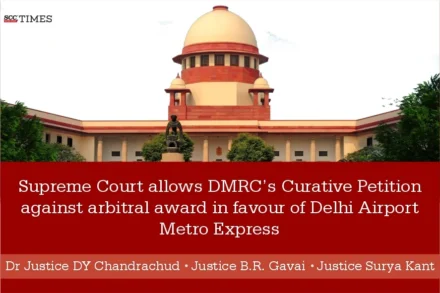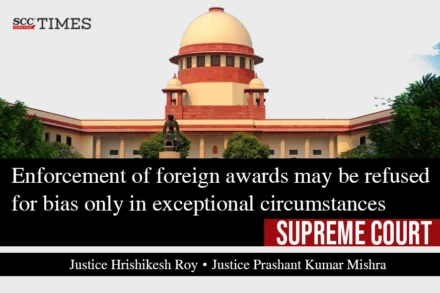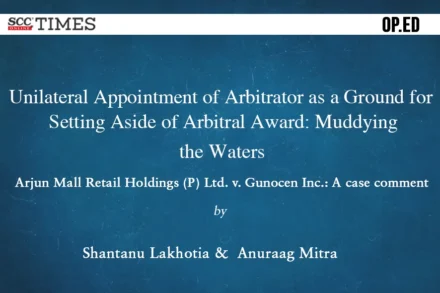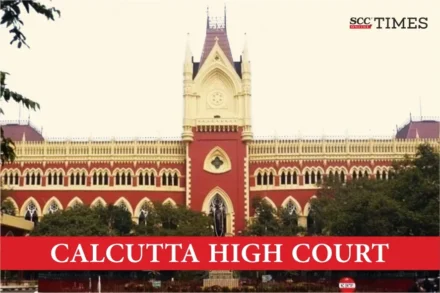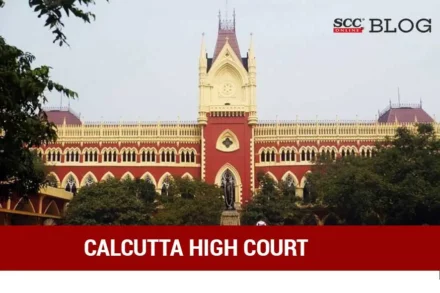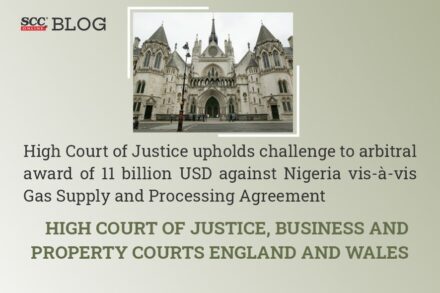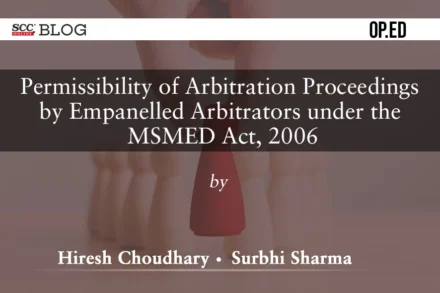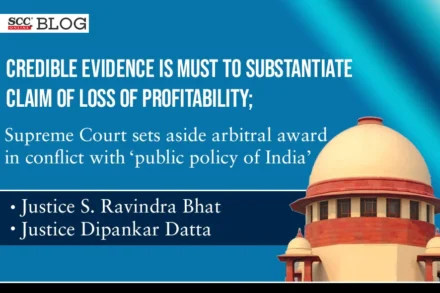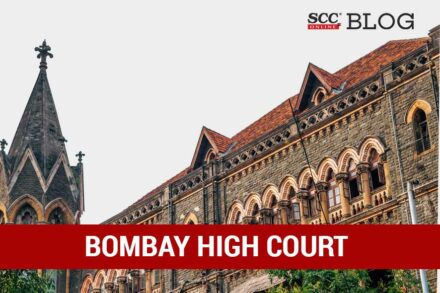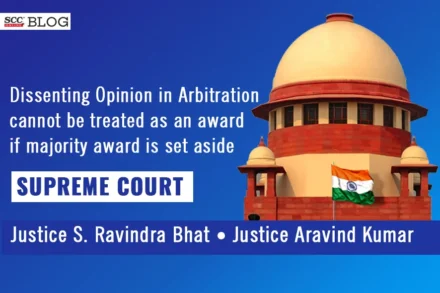
‘Objections under S. 47 CPC are applicable only to execution of decrees not maintainable against arbitral awards’; Allahabad HC imposes Rs 5 lakhs cost on State
“Imposition of costs in cases of frivolous litigation is essential to maintain the integrity, efficiency, and fairness of the judicial system. By deterring abuse of the legal process, promoting judicial efficiency, and upholding the principles of fairness and justice, cost imposition serves to safeguard the rights of individuals, protect the integrity of the legal system, and bolster public confidence in the administration of justice.”




